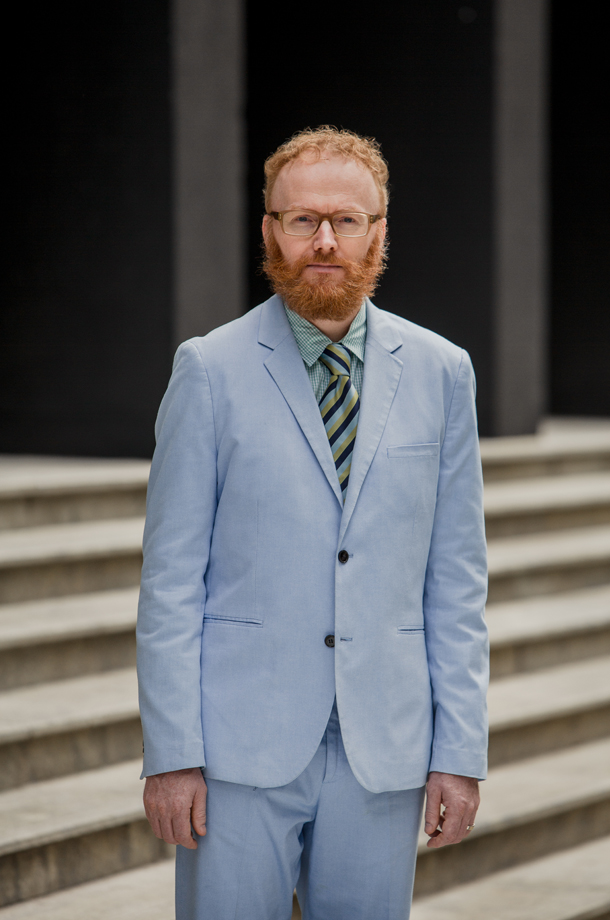It’s been a busy year for CIPO, and the organization is yet again amending some of its practices. This time it has s. 45 in its sights.
As regular readers know, s. 45 of the Trade-marks Act provides a mechanism by which an interested party can seek to summarily expunge a registered trade-mark for three years of non-use. CIPO sought public input on a proposed changes to s. 45 practice earlier this year, and last week introduced its new practice notice, which is slated to come into effect on September 14, 2009.
Like the recent changes to Opposition proceedings, the changes to s. 45 practice appear aimed at streamlining the process. Most notably, the planned changes limit the extensions of time available for the submission of evidence. The current standard is an extension of three months with additional extensions available on consent or if exceptional circumstances are shown. The new standard provides for one extension of four months, and establishes that grants of additional extensions will be rare: neither the the consent of the parties to additional extensions, nor the parties’ engagement in settlement discussions will be seen by the Office as sufficient reason to provide additional time.
Similar changes are being implemented respecting the filing of written argument. Under the current regime, the parties are initially provided two months to file argument, with a three month extension of time available on request. Under the new regime, the parties will be given four months to file their arguments, with no extensions of time being made available.
The last significant adjustment relates to hearings. In particular, participants under the new regime will not be able postpone hearings on consent or for reasons relating to the participants’ engagement in settlement discussions. While hearings may still be rescheduled if one or more of the parties who had sought to be heard is unavailable on the prescribed date, the practice notice indicates that such rescheduling will likely only be permitted on a single occasion.
Also notable is one point of practice that is not changing: under the new regime it will remain possible for parties to seek the termination of the proceedings by filing a written request with the Registrar. As under current practice, it is up to the discretion of the Registrar whether to accede to such a request.



